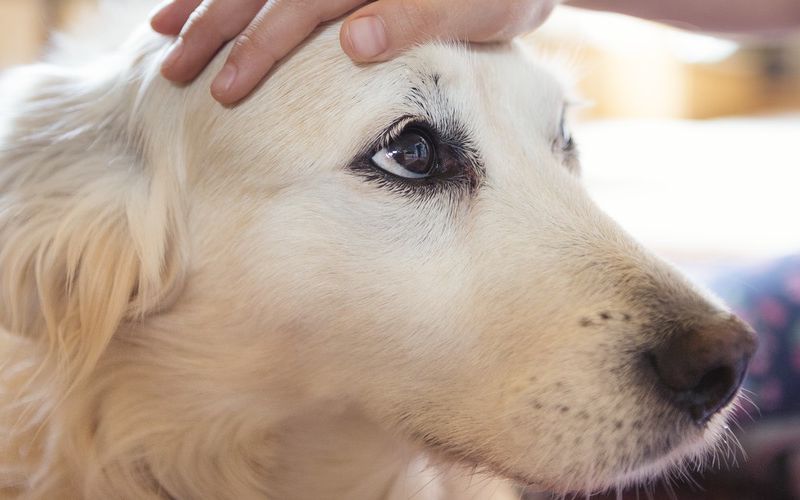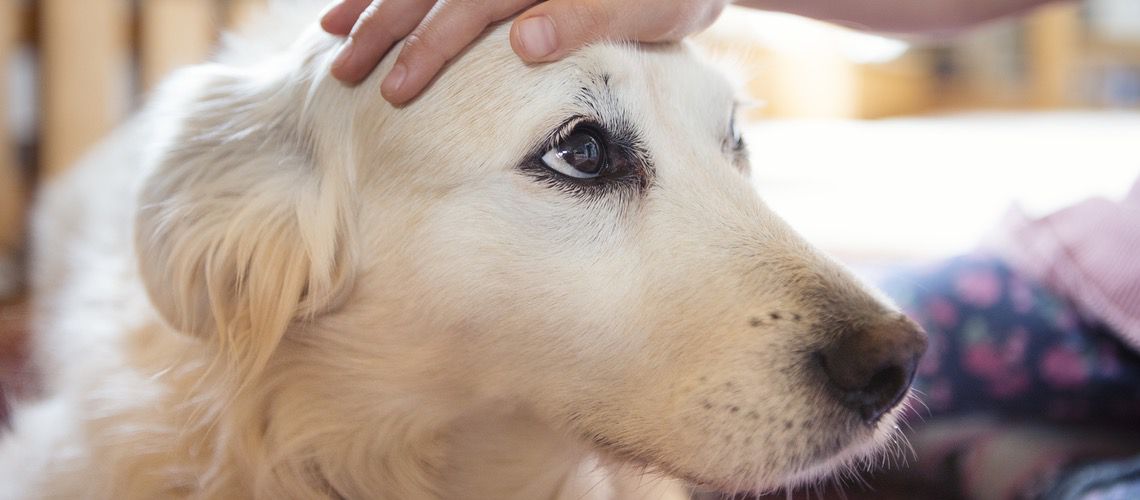Should Pets Be Tested for COVID-19?


Right now, you’re probably getting calls from clients worried that their dog or cat might have the coronavirus that causes COVID-19. It might help to reassure them that leading health authorities agree that the SARS-CoV-2 virus is spread primarily from person to person. A dog or cat that is coughing or sneezing is likely to have a more common respiratory infection, not COVID-19.
However, new information about reverse-zoonotic transmission is shifting opinions about the virus and testing of companion animals. An increasing body of evidence shows that pets exposed to people with the SARS-CoV-2 virus can in rare cases be at risk of being infected. In the past month, two dogs and a cat in Hong Kong, a cat in Belgium, and a tiger at the Bronx Zoo in New York City, were found to have been infected. In each case, the infection followed exposure to a person who tested positive for COVID-19.
Even with this evidence, experts agree that only in rare cases should pets be tested for COVID-19. The World Organization for Animal Health (OIE) provides specific guidance for how and when to test, stating:
“If a decision is made as a result of a risk assessment to test a companion animal which has had close contact with a person/owner infected with COVID-19, it is recommended that RT-PCR be used to test oral, nasal and fecal/rectal samples.”
In response to the growing evidence about the risk of COVID-19 to pets, IDEXX Reference Laboratories has made the IDEXX SARS-CoV-2 (COVID-19) RealPCR™ Test available to veterinarians. Pets that do not have clinical symptoms, and do not meet other criteria, should not be tested.





